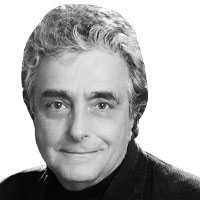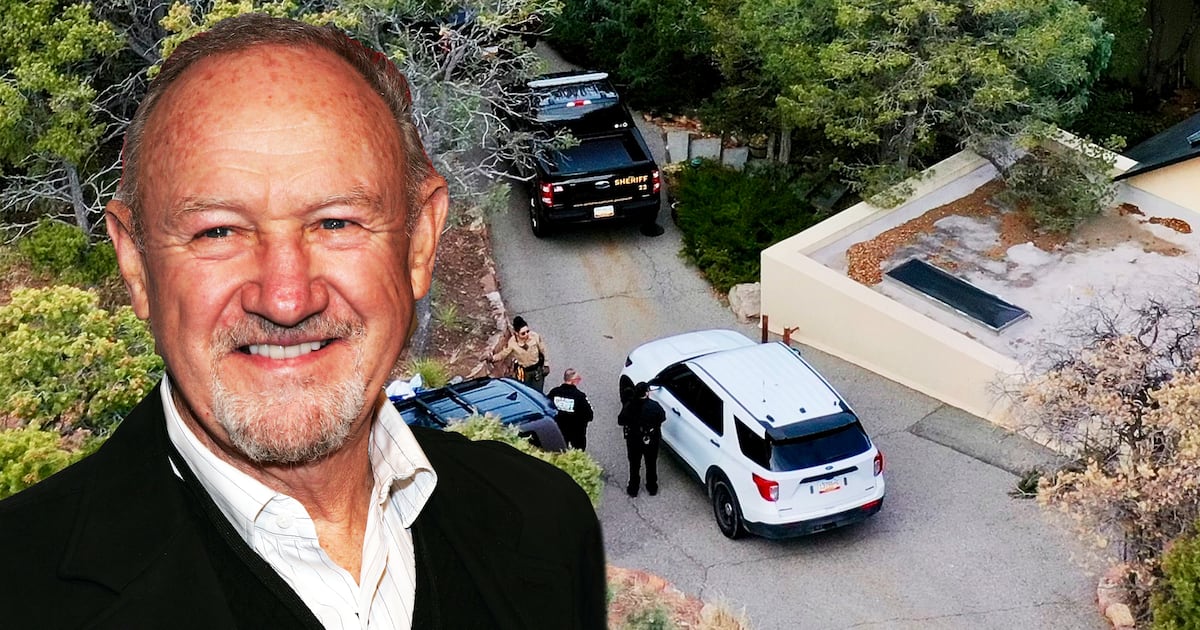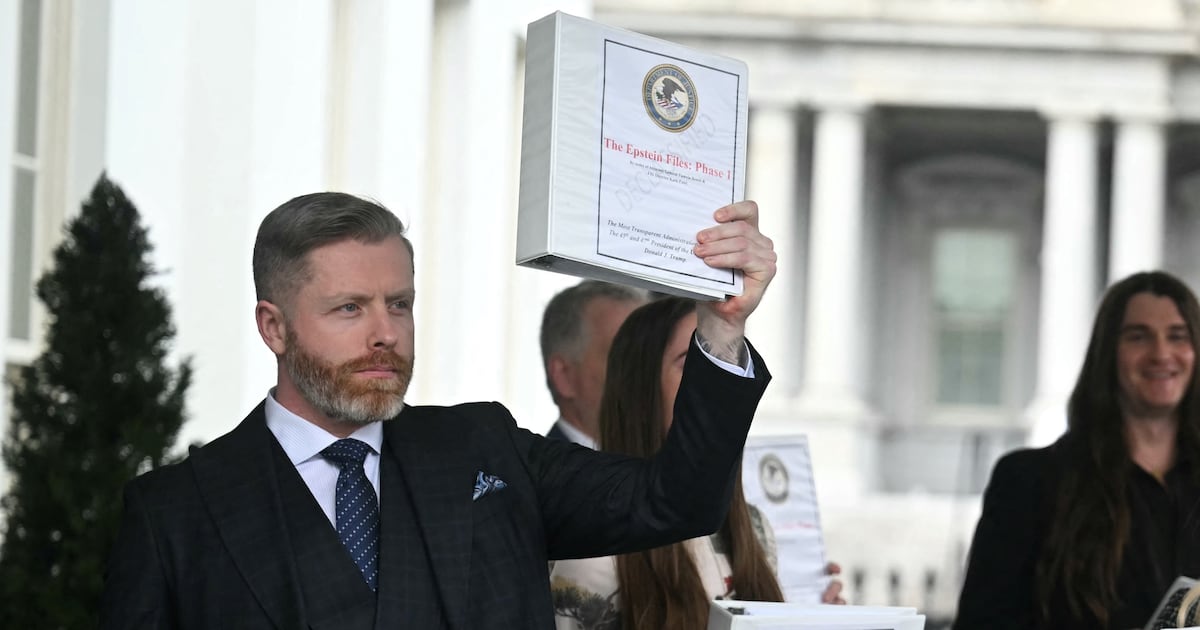Henry Kissinger—revered and reviled—savored the hot soup of conflict.
Yet in his century of celebrated and criticized years of orchestrating foreign policy to contain Russia and what he avidly argued were America’s other belligerents, Kissinger’s first face-to-face with absolute power perhaps best illustrates his guarantee that “it’s not a matter of what is true that counts, but a matter of what is perceived to be true.”
“It’s true,” Kissinger laughed through his thick Bavarian accent, recalling his summer 1961 maiden appearance in the White House, where he’d traveled from Harvard to discuss the Berlin Crisis with President John F. Kennedy and his cabinet. “Kennedy didn’t serve me any clam chowder.”
But before we get to why JFK let Kissinger go hungry while East German troops erected the Berlin Wall—threatening a nuclear war between the U.S. and Soviet Union—a soupçon of significant background from the first of what would be my many close encounters of the Kissinger kind.
During the late 1990s, the International Olympic Committee and its president Juan Antonio Samaranch were roiling in a massive corruption scandal brought to light by the investigative team at The Wall Street Journal (where I worked at the time as a staff correspondent in the Paris bureau).
Samaranch was under extreme pressure to clean house, so he tapped his pal Kissinger to come to Geneva, mop up the mess and, as I’d been briefed by an IOC source, use his clout to respond to any of my questions in a manner that could throw shade on The Journal’s continuing investigation into IOC malfeasance, and lend his muscle to Samaranch’s upcoming testimony in front of a U.S. congressional committee.
More than 100 journalists filled the auditorium to hear Kissinger’s plan to sanitize the IOC and then take questions, many of which skewed into the clearly bloody Cold War provocations he championed for U.S. presidents in Vietnam, Cambodia, Pakistan, Chile, Cyprus, and wherever else he reckoned American hegemony was in jeopardy. The conventional wisdom was that Kissinger had agreed to use his skills to destabilize the IOC's growing chorus of critics.
Kissinger’s response was to ruthlessly interrogate and disparage the reporters’ knowledge, a reminder that it’s often better to keep your mouth shut and seem a fool than to open it and remove all doubt. The man had no fear of shooting craps with the devil himself, and he was now staring directly into my eyes looking back at him from the front row, daring me to roll the dice.
“The Wall Street Journal doesn’t have a question?” Kissinger said.
“Nope,” I said.
Questioning Kissinger’s recipe for managing the IOC’s public relations campaign was not on my menu. Later that day, we instead discussed the JFK chowder incident, an anecdote that Seymour Hersh briefly described in his 1997 book, The Dark Side of Camelot. Kissinger confirmed that a White House steward entered the cabinet room with a tureen of Boston clam chowder, serving the soup only to the president and his brother, Robert, an event Kissinger described as the Kennedy clan’s misguided “sense of entitlement.”
Kissinger’s performance inside the auditorium reflected the ferocious side of his character and the intellect the scholar-diplomat wielded to disembowel anyone who dared heap legitimate reproach on the many callous foreign policy schemes he triggered as national security adviser and secretary of state to the Nixon and Ford administrations.
To be sure, Kissinger’s greatest failure was his pitiless refusal to weigh the human consequences of using military force and underwriting dictatorial regimes to prop up American interests abroad.
In private, however, Kissinger was one of the funniest and most engaging individuals I’ve ever met. “How did you manage to spend all those years in the Soviet Union and remain a liberal,” he once quipped while we were pissing on a redwood tree at a retreat on the banks of the Russian River in Northern California. He regularly peppered me with questions about the conclusions I’d reached about Mikhail Gorbachev, Boris Yeltsin, and Vladimir Putin in my book Bear Hunting with the Politburo. His knowledge, even during his 90s, was mesmerizing.
Kissinger offered those who knew him two possible paths into his world. Listen and learn, or carp and be damned. Yes, Dr. K was an SOB—and it sure would have been a delight to watch him parrying with prosecutors at the International Criminal Court in The Hague—but I preferred traveling the road peace paladins and human rights activists could not take.
Kissinger was the professor with whom you disagreed on every moral ground imaginable, and then did whatever it took to become one of his students.
Indeed, no one grasped Russia better than Dr. K. In 2016, for instance, Kissinger in The New York Times amplified a theme he first rolled out during an off-record seminar he conducted in our Russian River encampment.
“In order to understand Putin,” he told the paper, “one has to read Dostoyevsky, not Mein Kampf.”
And perhaps the same wisdom can be used to apprehending Kissinger.
“A man who lies to himself, and believes his own lies, becomes unable to recognize the truth, either in himself or in anyone else,” Dostoyevsky observed in The Brothers Karamazov. “He yields to his impulses, indulges in the lowest forms of pleasure, and behaves in the end like an animal in satisfying his vices. And it all comes from lying.”









